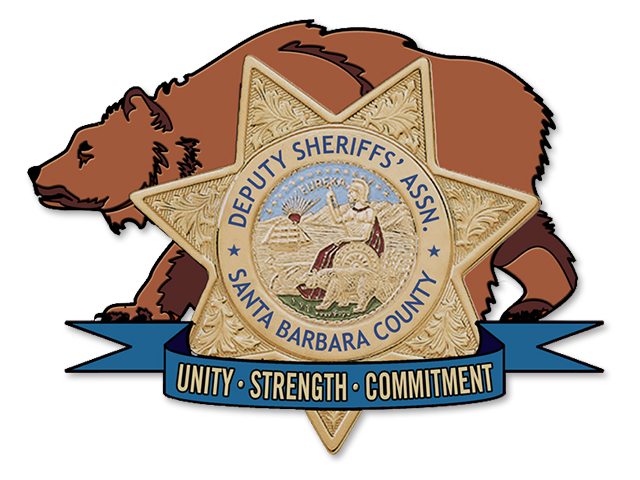Workers’ Compensation – What is it?
If you get hurt on the job, your employer is required to provide workers’ compensation benefits. To be covered by workers’ compensation, the injury must occur while in the course and scope of performing your job duties, or arise out of the performance of your job duties.
There are two types of injuries; specific or cumulative.
Specific: A specific injury is an injury that occurred at one instance or occurrence.
Example: Trip and fall.
Cumulative: A cumulative injury is an injury that has built up over time.
Example: Repetitive motions causing injury, such as carpal tunnel.
Workers’ compensation covers some, but not all psychological injuries caused by your job. The injury must be at least 51% industrial(meaning the injury was caused by work).
It’s a Work-Related Injury – What’s Next?
After suffering an injury, you must notify your employer and file a claim.
To file, you must complete a DWC-1 Form (https://www.dir.ca.gov/dwc/DWCForm1.pdf). Claims are distinguished on occurrence of injuries rather than parts of the body injured or types of injuries.
The current statute of limitations for filing a claim is 1 year from the date of injury or awareness of injury. It’s important to file a claim to preserve your right to benefits.
You’ve Filed a Claim – What are the Potential Benefits?
Medical Care
Your employer pays for medical care for your work-related injury or illness. Medical care is determined by medical treatment guidelines. Medical care that is “reasonably required to cure or relieve” the effects of the injury.
Initially, your claim may go under review for 90 days. During review of your claim, necessary treatment is authorized up to $10,000.
Temporary Disability Benefits
If your injury prevents you from doing your usual job while recovering, you may be eligible for Temporary Disability (TD) benefits. TD benefits serve as a partial reimbursement of lost wages due to your injury.
Loss of wages can occur when your treating doctor indicates you are unable to return to work or the doctor believes you may work but only with restrictions, and your employer cannot accommodate your restrictions.
Permanent Disability Benefits
Permanent Disability (PD) provides for payments if you don’t completely recover. This occurs when your treating doctor believes you will never recover completely or will be limited in your capacity at work. You may then be entitled to a PD award.
Supplemental Job Displacement Benefit
This benefit will come in the form of a voucher to help pay for educational retraining and/or skill enhancement, at eligible schools. This voucher can be used for tuition, fees, books, or other expenses required by the school.
In California, you may also be eligible for a one-time cash payment through the Return-to-Work Supplemental Program.
Death Benefits
This benefit will provide payments to your spouse, children or other financial dependents, if you should die from a work-related injury or illness.
Generally, a dependent would need to commence proceedings for the collection of death benefits within a year from the death of the injured party.
Still Have Questions?
Please understand this is a brief overview of the workers’ compensation system and does not contain all information and materials necessary to assist you in a worker’s compensation case. Each applicant and case will have a different set of facts and circumstances.
If you wish to seek legal advice, have any questions or seek further information, please do not hesitate to contact our office online or by phone at (916) 446-4692.

